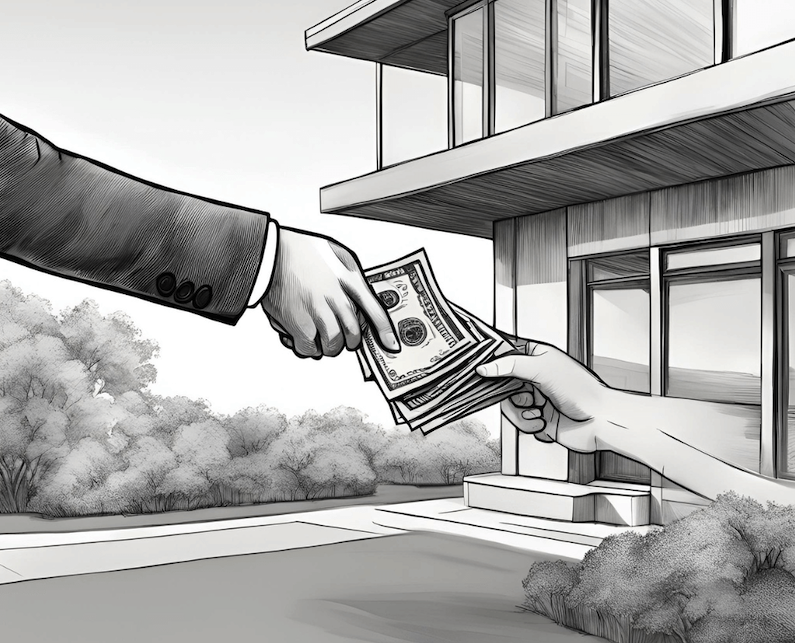Discover how delayed financing can offer unique benefits for homebuyers. Burke Mortgage explores the advantages, potential drawbacks, and real-world scenarios where this strategy might be beneficial.
Thinking about buying a home but worried about rising interest rates?
Delayed financing can help you lock in a lower rate and potentially access equity for future needs.
Delayed financing, also known as delayed mortgage financing or deferred financing, is a homebuying strategy where a buyer purchases a property with cash and then obtains a mortgage at a later date. This approach can offer several advantages, but it’s essential to understand the potential drawbacks and determine if it’s the right choice for your specific circumstances.
How Does Delayed Financing Work?
The process of delayed financing typically involves the following steps:
- Cash Purchase: The buyer purchases the property with cash, either from their own funds or through other financial means.
- Delayed Mortgage: At a later time, often within a specified period, the buyer applies for a mortgage to refinance the property.
- Mortgage Approval: If approved, the mortgage proceeds are used to pay off the existing cash investment,effectively turning the property into a mortgage-financed purchase.
Note: One important factor to consider when exploring delayed financing is the waiting period. Generally, you’ll need to wait at least six months after purchasing a property with cash before applying for a mortgage. This waiting period can vary depending on lenders and specific circumstances, so it’s essential to consult with a mortgage professional to get accurate information.
Advantages of Delayed Financing
Delayed financing can offer several benefits, including:
- Avoid High-Interest Rates: By purchasing with cash, you can potentially avoid higher interest rates that may be prevalent at the time of purchase.
- Leverage Equity: Once you obtain a mortgage, you can potentially access the equity in the property for other purposes, such as investments or home improvements.
- Tax Benefits: Depending on your specific circumstances, you may be eligible for certain tax benefits associated with homeownership, such as mortgage interest deductions.
Potential Drawbacks of Delayed Financing
While delayed financing can offer advantages, it’s important to consider the following potential drawbacks:
- Opportunity Cost: By using cash to purchase the property, you may be forgoing other investment opportunities that could generate a higher return.
- Market Volatility: If property values decline during the period between purchase and mortgage, you may face a loss on your initial investment.
- Financial Constraints: Delayed financing may require significant upfront cash, which may not be feasible for all buyers.
When Is Delayed Financing a Good Option?
Delayed financing may be a suitable strategy for homebuyers who:
- Anticipate Rising Interest Rates: If you believe interest rates will increase in the future, purchasing with cash and refinancing later can help you lock in a lower rate.
- Have Significant Cash Reserves: Delayed financing requires a substantial upfront cash investment, so it’s primarily suitable for buyers with significant financial resources.
- Are Comfortable with Risk: Delayed financing involves some level of risk, as property values can fluctuate over time.
Consulting with a Mortgage Broker
If you’re considering delayed financing, it’s highly recommended to consult with a qualified mortgage broker (contact us). A broker can help you assess your financial situation, evaluate the potential benefits and drawbacks, and determine if this strategy is right for you.
